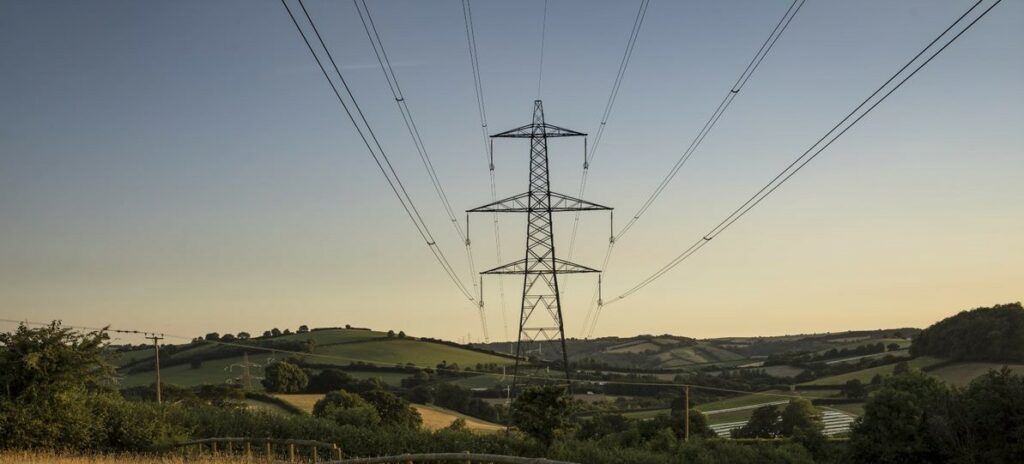Energy regulator Ofgem has confirmed that the energy price cap will tumble to £2,074 from 1 July – the first time in 18 months it has fallen.
Ofgem confirmed today (25 May) that the price cap level is to see a reduction of £1,206 from April’s price cap which the regulator set at £3,280. This is a significant decrease in comparison to the first three months of 2023 when Ofgem set the Default Tariff Price Cap at £4,279 – it’s peak since the energy crisis started.
Ofgem stated that the price reduction is a result of “recent falls in wholesale energy prices”.
“After a difficult winter for consumers it is encouraging to see signs that the market is stabilising, and prices are moving in the right direction. People should start seeing cheaper energy bills from the start of July, and that is a welcome step towards lower costs,” said Ofgem CEO Jonathan Brearley.
The price cap reduction represents the stabilisation of the energy market in the UK and could bode well for the future as more renewables connect to the grid and wholesale costs continue to fall. Despite this, it is important to note that the price cap is still above the levels it was before the energy crisis took hold.
As a result, customers could still struggle to pay energy bills and thus support must continue to be rolled out to those in need. This is something Brearley was keen to note.
“However, we know people are still finding it hard, the cost-of-living crisis continues, and these bills will still be troubling many people up and down the country. Where people are struggling, we urge them to contact their supplier who will be able to offer a range of support, such as payment plans or access to hardship funds,” he said.
“In the medium term, we’re unlikely to see prices return to the levels we saw before the energy crisis, and therefore we believe that it is imperative that the government, Ofgem, consumer groups and the wider industry work together to support vulnerable groups. In particular, we will continue to work with the government to look at all options.”
The energy price cap is also now below the Energy Price Guarantee (EPG), which Current± reported had been extended until July 2023 via the Spring Budget. The EPG fixes energy rates at £2,500 till the end of June and thus this is the first time it has fallen below the EPG rates since it had first been introduced.
Prior to the extension of the £2,500 rate, the government was expecting to borrow £12 billion to fund this EPG. Of the cost of the EPG from April to June, the additional cost of maintaining it at £2,500 rather than £3,000 accounts for £3 billion of the £4 billion.
In total, the governmental cost of the EPG is estimated at £29.4 billion.
Alongside the price cap announcement, Ofgem also confirmed it is consulting on the next steps in its drive to make the retail energy sector more resilient to turbulent market conditions. This is in response to 29 suppliers having shuttered since September 2021, with most being placed into the Supplier of Last Resort (SoLR) Mechanism. Bulb, which was one of the largest energy suppliers to collapse and was placed into special administration in November 2021, was recently acquired by Octopus Energy.
As a result, the energy regulator brought in a number of measures to reduce the risk of energy supplier financial failure. This includes regulations on how much they can rely on customers’ credit balances and Renewable Obligation contributions as working capital.
Ofgem is also proposing that the element of the price cap that covers profit margin – known as Earnings Before Interest and Tax (EBIT) – will see a small increase.
Under these plans, the EBIT allowance will allow an efficient energy supplier to make a reasonable profit that reflects its business model and ensure it can be investable in the long term, while keeping a lid on excess profits, Ofgem said.
According to the energy regulator, for the October price cap, the EBIT allowance is “indicatively expected to be £37 for the typical bill. Under the proposed changes, the EBIT allowance in the typical annual bill would be around £10 higher, with the new EBIT allowance being set at around 2.4% of the full price cap level in that period. By contrast, supplier failures during the gas crisis cost each household an average of £83 and Ofgem is determined not to see a repeat of this situation”.
The next quarterly price cap update will be in August 2023.






